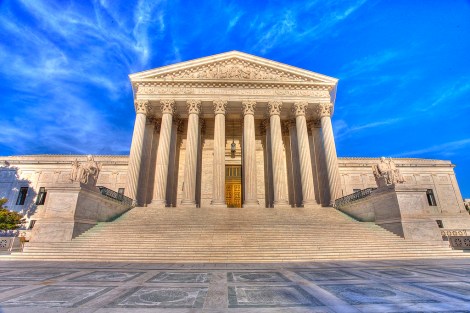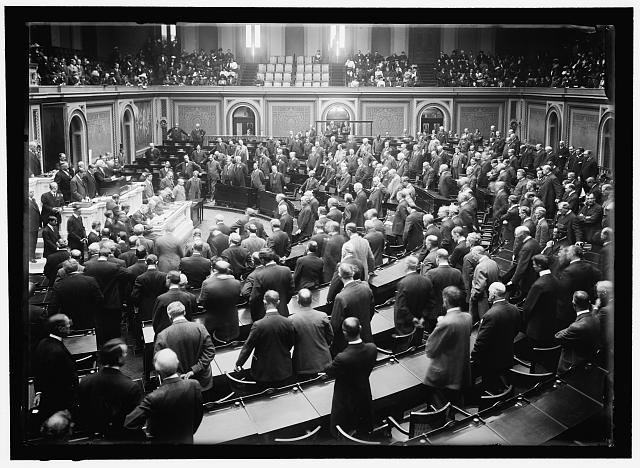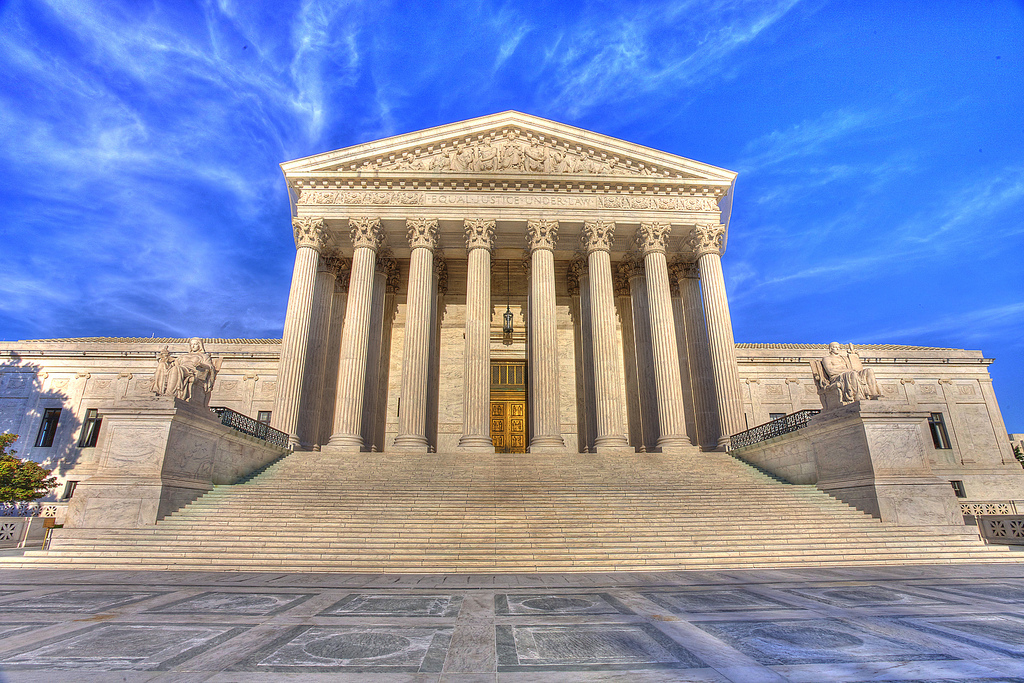
EnviosPerhaps the debate’s next stop.
An appeals court in D.C. today rejected an attempt by the fossil fuel industry to gut a critical EPA pollution rule.
In 2007, the Supreme Court ruled that the agency had the authority under the Clean Air Act to regulate greenhouse gases, including carbon dioxide, as pollutants. Since that point, as the EPA has struggled to implement various rules limiting such pollution for both new and old power plants, there have been a series of court battles over its authority. The ruling today is not the final word, but is nonetheless an important victory.
From The Hill:
The U.S. Court of Appeals for the District of Columbia voted 6-2 to reject a request for the full court to reconsider a June ruling that upheld EPA’s interpretation of the Clean Air Act.
The court’s action could set up a Supreme Court challenge by industry, energy firms and the state of Alaska, which were pushing for the rehearing.
The decision in June by a three-judge panel determined EPA properly evaluated the health effects of greenhouse gas emissions. That allowed the agency to continue regulating those emissions through the Clean Air Act.
Unsurprisingly, the arguments from industry and oil companies (hereafter, “The Polluters”) suggested that the EPA’s scientific finding on the health threat of greenhouse gas pollution was faulty.
Circuit Judge David Sentelle, writing an opinion for the court, disagreed.
“Of course, we agree that the statute requires EPA to find a particular causal nexus between the pollutant and the harm in order to regulate. … But that is exactly what EPA did: it found that ‘greenhouse gases in the atmosphere may reasonably be anticipated both to endanger public health and to endanger public welfare,’” Sentelle wrote. …
Sentelle [also wrote], “Congress did not say ‘certain ‘air pollutants.’ … It said ‘any air pollutant,’ and it meant it.”
The EPA has a (somewhat dense) page with information about its various proposals aimed at stemming greenhouse gas pollution.
As the legal machinations play out, The Polluters continue to hurriedly burn coal and sell oil to make a few bucks. And the atmosphere slowly gets warmer.



